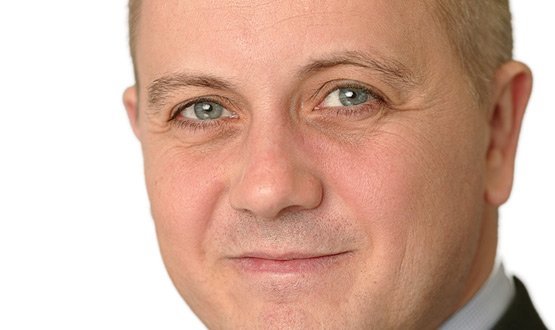Kelsey says ‘listen with data’
- 26 June 2014

NHS commissioners cannot “listen” to what patients need without tools such as care.data to help them, Tim Kelsey has argued.
Speaking at the Health + Care conference in London yesterday, NHS England’s director of patients and information said that in order to improve and sustain health services, there are four types of data needed.
“The really important thing is how to do listening. Listening requires a data revolution. I don’t think we can listen without the data tools to enable us to do so,” he said.
“It’s about the community being able to feed back on the services they need to use. That’s about four types of data.”
The first is the controversial care.data scheme which will, in first instance, see patient data extracted from GP practices into the Health and Social Care Information Centre where it will be linked with data from hospitals.
Kelsey said he is well aware that care.data has “run into a bit of trouble” because privacy campaigners and the public are concerned about how the data will be collected and used.
The GP extractions were due to begin in March this year, but NHS England announced a six month delay to the start of the programme, claiming this would help it to make sure the right safeguards were in place.
An earlier leaflet campaign ran into trouble from campaigners, who argued it lacked detail about what was proposed, failed to specify who would have access to data, and failed to include an opt-out form.
“As it turns out there just aren’t the safeguards in place to ensure it’s only used for health benefits, so we delayed until autumn to make sure these are in place,” said Kelsey.
NHS England’s big data guru was speaking on the day that the British Medical Association’s annual representative meeting called for care.data to be opt-in, not opt-out.
However, responding to a question from the audience about whether NHS England would consider that, Kelsey said he did not believe in an opt-in model.
“If we got opt-in, we end up with a tiny amount of data to ensure health for a maximum amount of people,” he said. However, he did promise a “profound and deep” information campaign to make sure everyone is aware of what will happen to their data.
Research from medConfidential, released this week to coincide with the BMA vote, found that 51% of almost 2,000 people independently polled had no knowledge of the project, despite the national leaflet campaign and subsequent outcry.
The organisation is calling for a hybrid opt-in, opt-out model, in which GPs would be able to decide locally on what basis to participate in the programme.
The second type of data Kelsey claimed is crucial to the health service is the Friends and Family Test, launched to acute providers last year, which asks every patient whether they would recommend an NHS service to their friends and family.
Kelsey said it has been an “incredible success” and will be launched to GPs, mental health and community providers by the end of the year.
The third, he said, is social media. He urged commissioners to get involved with social networks such as Twitter, and said he was amazed by how many clinical commissioning groups were not already using it.
The fourth, which according to Kelsey will become the most important source of data, is to experiment locally with giving individual patients a voice around their outcomes and to ask what outcomes they would like to see for their care.
Kelsey also urged commissioners to be transparent, and urged them to have “real-time conversations” with their local communities.
“I believe a data rich health service is a lasting health service and only when we listen can we commission effectively. Without data we can’t unleash the power of the digital revolution,” he said.




